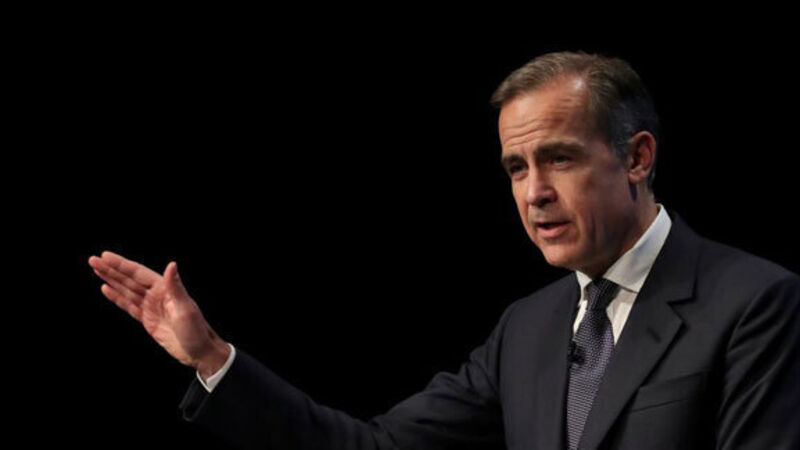Mark Carney decries ‘unfair’ economic growth

Last week, however, Carney waded back into controversy when he delivered a thoughtful address in Liverpool University.
The governor pointed out that while globalisation and the digital revolution have produced many benefits, they have also caused “staggering wealth inequalities”.













